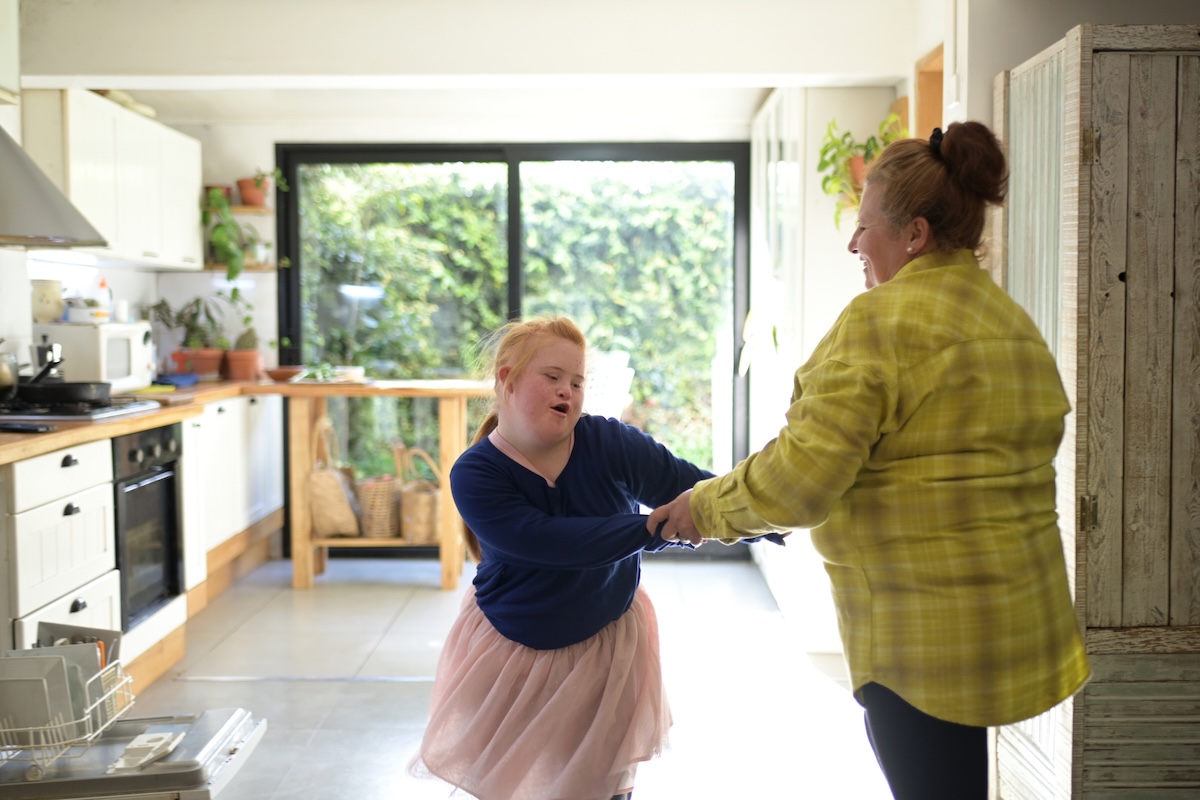The Disability Rights Education and Defense Fund (DREDF) applauds Vice President Harris for recognizing the critical need to expand Medicare’s home healthcare coverage and echoes the Center for Medicare Advocacy’s strong support of Vice President Harris’ proposed enhancement of Medicare coverage along with a call to better enforce existing Medicare home care benefits. DREDF stresses that building on Medicare’s currently limited coverage of home health and rehabilitation will strengthen our entire healthcare system as well as people with disabilities and families with longer-term care needs.
Right now, according to an AARP Public Policy Institute analysis, the median annual cost of care for most long-term services and supports exceeds both the median assets and household income of older adults. For disabled people and older adults, access to reliable, affordable home care is essential–not optional.
While Medicare traditionally does not cover long-term care, it does provide for short-term home health services and rehabilitation. However, current payment and administrative rules incentivize agencies to prioritize high-cost, short-term medical services over the kind of longer-term, less expensive home-based care that will allow people to safely and appropriately stay in their homes. This leaves too many without essential supports, forcing people into institutional care or left to navigate care needs alone—often with devastating consequences.
“We have a unique opportunity,” said Silvia Yee, DREDF Policy Director, “to not only expand Medicare’s coverage of home care but to build a system where every person who qualifies gets the long-term care they need and deserve—without gaps.”
What Can Be Done Now
- Ensure home health workers deliver services Medicare already covers, preventing premature discontinuation of care.
- Expand Medicare home care to cover long-term needs, so people aren’t forced into nursing homes just because they need help at home.
- Involve the disability community, advocate expertise, and other key stakeholders such as paid and unpaid care providers in planning new Medicare benefits, to create a range of home health policies that actually meet the real needs of people with disabilities and older adults.
We thank Vice President Harris for bringing this issue to the forefront. DREDF is ready to assist in designing policies that reflect the lived realities of people with disabilities, older adults, and their families.
